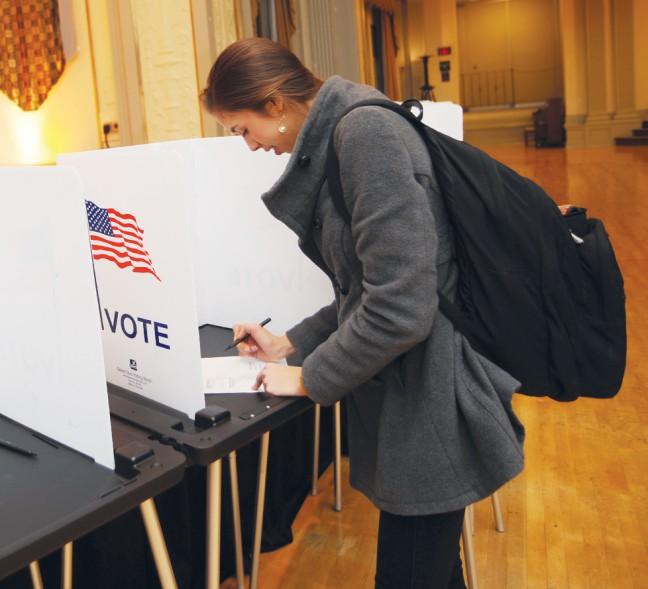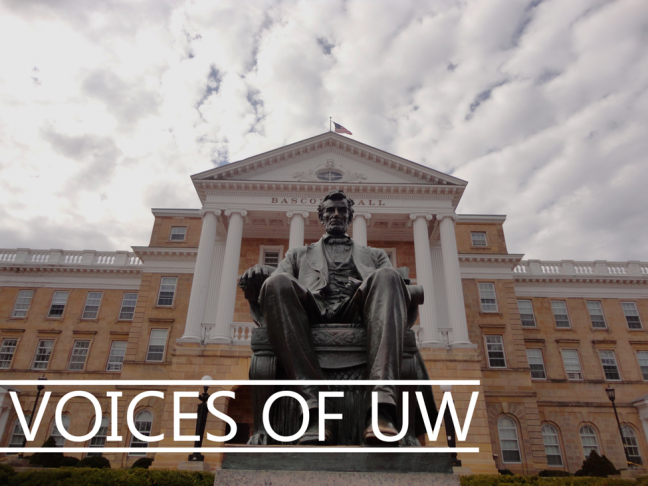In response to ?College protests blood drives,? Feb. 6:
San Jose State University has epitomized an irresponsible, counterproductive protest in refusing to participate in blood drives to protest the Food and Drug Administration’s discrimination against homosexuals.
The FDA does, indeed, refuse blood donations from men who admit to having had sexual contact with other men since 1977. It also refuses blood donations from people who have been incarcerated, who have lived in Africa, or who have lived with someone from Africa ? in addition to the more socially acceptable (but still discriminatory) refusal to accept blood from would-be donors who have used illegal needle drugs or paid for sexual favors. Gay rights activists would do well to ally themselves with activists fighting xenophobia and racism in combating this policy, which is guilty of both of these, rather than fighting against homophobia alone.
More importantly, this boycott is an unconscionably high risk for a jaw-droppingly low yield. A blood donation can save as many as three lives, and blood loss does not discriminate. A boycott of university blood drives will ultimately deny lifesaving blood to many people who did not write FDA policy ? some of whom, indeed, may be gay rights activists themselves. What’s more alarming is that this drastic measure cannot possibly lead directly to a quick amendment of FDA policy. Changing the policy of a federal government program is a lengthy, bureaucratic process that requires action in the court of law. As a general rule, patients in need of blood donations can’t afford to wait that long. The positive outcome of this protest, in the best-case scenario, is more media attention focused on the issue. Activists will have to hope that the attention will be positive enough to counteract the negative public image of the gay community fighting for its rights at the expense of the health of the severely injured.
UW can certainly join this protest in defense of civil liberties, but we will have to answer for perfectly avoidable human deaths.
Courtney Ehlers
UW sophomore, history











